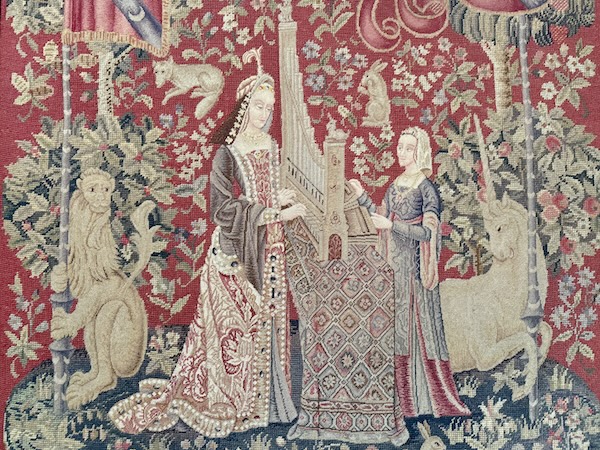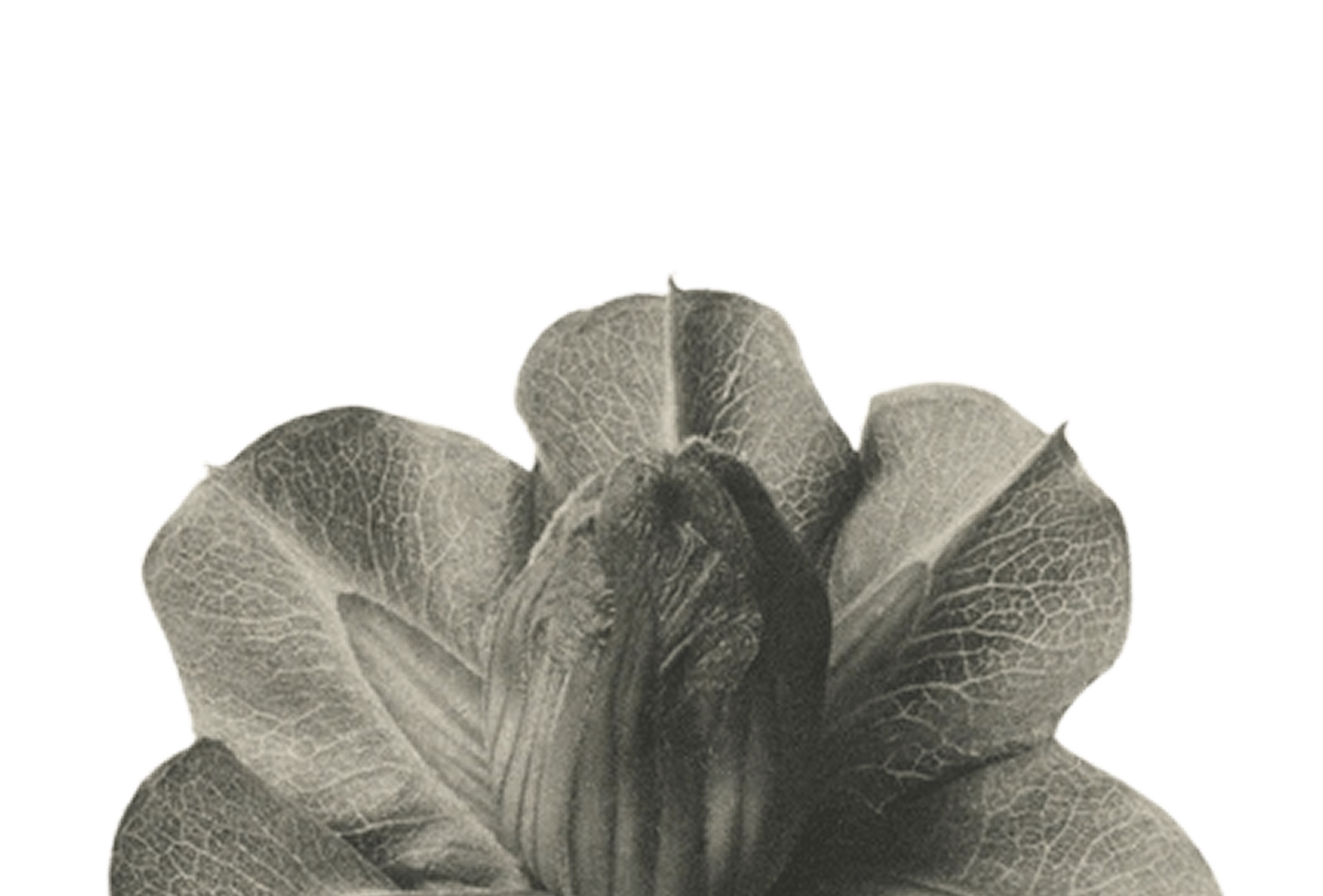
Dear friends,
Videochatting with my parents last Saturday, they noted: It’s been a week of 事故 shìgù.
In Mandarin, the word for story/tale/narrative is 故事 gùshì. Flip the characters and you get 事故 shìgù: mishap. Last Monday, I went to the ER to repair a mandorla-shaped gash on my chin after a freak accident in—of all places—the yoga studio.
The other 事故 shìgù was not my own, so I won’t go into detail here, but suffice to say I was thoroughly shaken at the end of the week to find out that a friend was in the very ER where I’d started the week, for far worse injuries. As I put together a care package and prayed that the all would go smoothly for this friend—it did—I was horrified this had happened and relieved she was alive. Rennyo Shonin’s Letter on White Ashes sprang to mind: “We depart one after another more quickly than the dewdrops on the roots or the tips of the blades of grasses… we may have radiant faces in the morning, but by evening we may turn into white ashes.”
I let my mind take an etymologically irresponsible turn. 事 shì are matters/affairs. 故 gù can mean many things, including cause/reason. 故 abounds in the Heart Sutra—hence all the therefores in English translation. We humans are a storytelling, meaning-craving species. I’ve loved 故事 gùshì for as long as I can remember. Emigrating to this country opened the door to stories from different languages, more cultures. If stories knit sense into the world, 事故 shìgù feel like a break in logic, a tear in the matrix, a rupture to life as usual. As my parents observed, I’d had a topsy-turvy week locally, in concert with the chaotic state of affairs nationally and globally.
Onto more etymologically sound ground. The Sanskrit word sutra (Pali: sutta) is rooted in the meanings of to sew and thread. Rich with detail and dialogue, these Buddhist stories seem capable of suturing wounds, unraveling pain, stitching new worlds into being. Some pooh-pooh those who spin a fine yarn as purveyors of fanciful exaggeration. But as K-Ming Chang noted in her author talk on queer literature and the power of speculative fiction at the Ann Arbor Community Bookfest this past weekend: Imagination is work, and if fantasy is escapism, to quote Ursula Le Guin, “The direction of escape is toward freedom. So what is ‘escapism’ an accusation of?”
As luck would have it, K-Ming had a couple hours before she needed to get to the airport and gamely accepted my lunch invitation. Over bibimbop and tteokbokki and smashed potatoes (storied dishes by local chef Ji Hye Kim, whose vegetarian offerings are inspired by Korean temple cuisine), we talked about the tension between orality and written text, the entanglement of hungry ghosts in systems of rebirth and retribution, liberatory and oppressive dynamics at the Buddhist temples we’ve been to, what it means to privilege plurality and performance over purity and authenticity. Though my band-aid was failing, I figured that someone who’d just read us a draft-in-progress about teenage lesbian cannibals wasn’t going to be fazed by my Frankenstein chin. (She wasn’t.)
I admire the meaty viscerality and transgressive hilarity of K-Ming’s writing. What a gift to meet a writer who is so clearly having fun on the page. It’s impossible not to be inspired by the many projects she’s working on. Coyotes figure in one of them, she told me as we browsed the shelves of Literati after eating at Miss Kim’s. That reminds me of an entry I just read in Maria Heim’s Words for the Heart: A Treasury of Emotions from Classical India, I told K-Ming. Featuring a different member of the Canidae family, on an opposite continent, but still:
kritajna/katannu
Gratitude (Sanskrit/Pali)
Kritajna (kṛtajñā) is, literally, “knowing what was done.” Gratitude remembers the good things others have done and keeps them in mind. To apprehend rightly about benefits received is to feel gratitude. Its opposite is a similar word—kritaghna—which means “destroying what was done”: to forget or refuse to keep in mind kind services rendered, is to destroy them. The ingrate is everywhere despised.
Upon hearing an aged jackal howl at the break of dawn, the Buddha takes it to be the old fellow’s gratitude (kataññu) for the new day. The jackal both knew and felt this gift. Jackals are usually rather craven in Indian lore, but this moment recalls a better side to their nature. Another story has it that once a farmer rescued a jackal from a python. When the python later seized the farmer, the jackal, out of gratitude, fetched the farmer’s brothers to save him. Such considerations make the Buddha urge that his disciples train themselves in gratitude: we should never overlook even the least favor done for us. If jackals can do this, so can we.
I also looked up entries on anger and shame during this topsy-turvy week, but I kept returning to kataññu. Sometimes it really is the least favors that move us most, like the ER nurse noticing my bloodied clothing and recommending hydrogen peroxide for getting out the stains.
On a less gory note, I’m looking forward to seeing some of you online at Vista Buddhist Temple’s annual Buddhist Community Gathering this Saturday from 1–3pm PT. I’ll be in conversation with Rev. Patti Nakai and Brother Pháp Lưu, and joining you all from the Barre Center for Buddhist Studies, where I’ll be attending Ruth Ozeki’s “To Study the Self: Zen and the Art of Creative Writing” retreat.
An abundance of reasons for kataññu. May we be like the jackal, fully knowing and feeling the gifts of each new day.
Til the next quarter moon,
~Chenxing
PS:
🦄 The photo at the top of today’s letter is of a steeply discounted tapestry that sat neglected in a local shop for over a year. Only after bringing it home did I identify the tableau’s inspiration. The Lady and the Unicorn is a set of six medieval French tapestries based on the five senses of touch, taste, smell, hearing, and sight—along with a sixth, mysterious sense. This summer, passing through Paris, I stood slack-jawed in the high-ceilinged room of the Musée de Cluny where the original tapestries, twelve to fifteen feet high, are housed. Stitches by deft hands half a millennia ago, unspooling our imaginations before we, too, become white ash.
